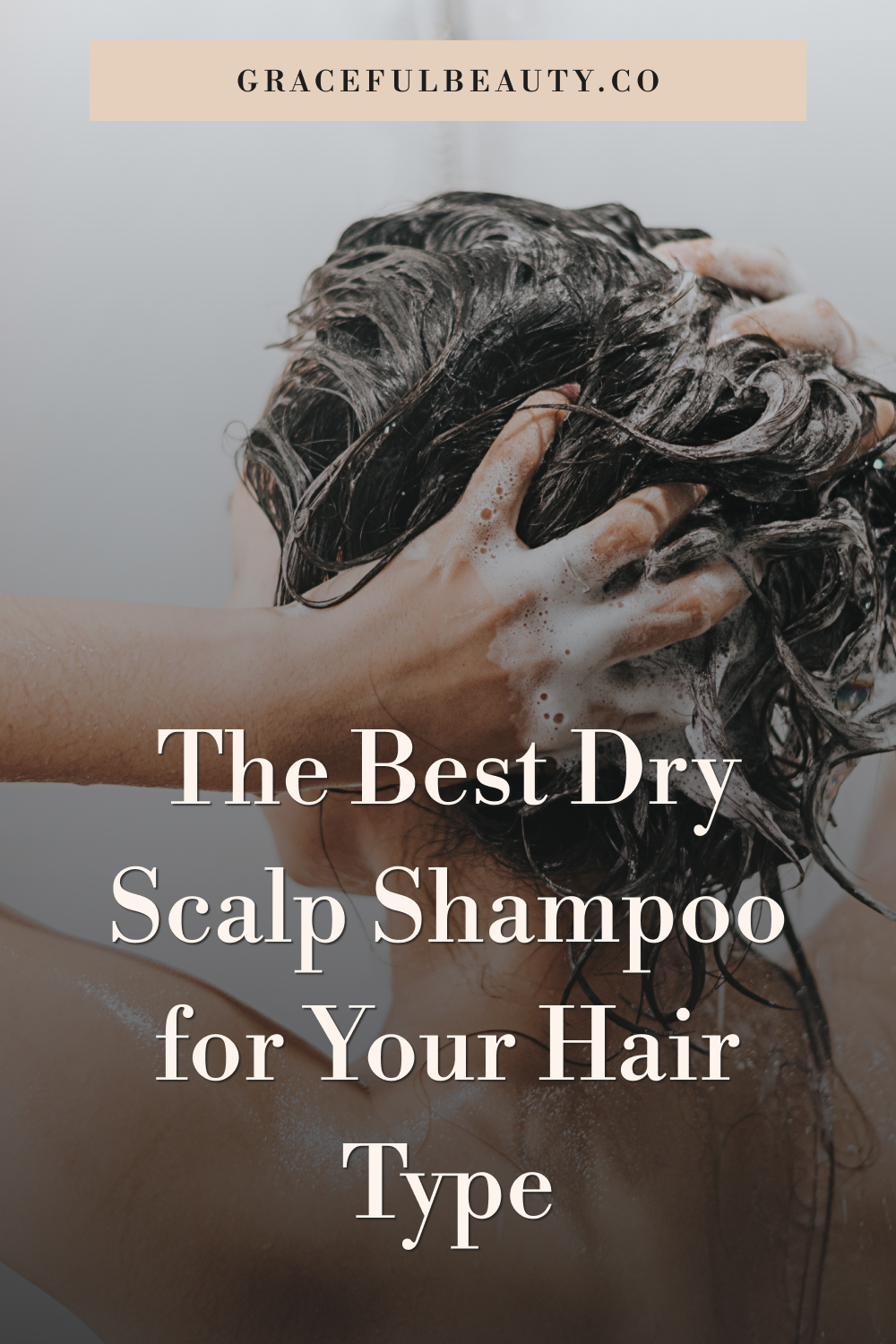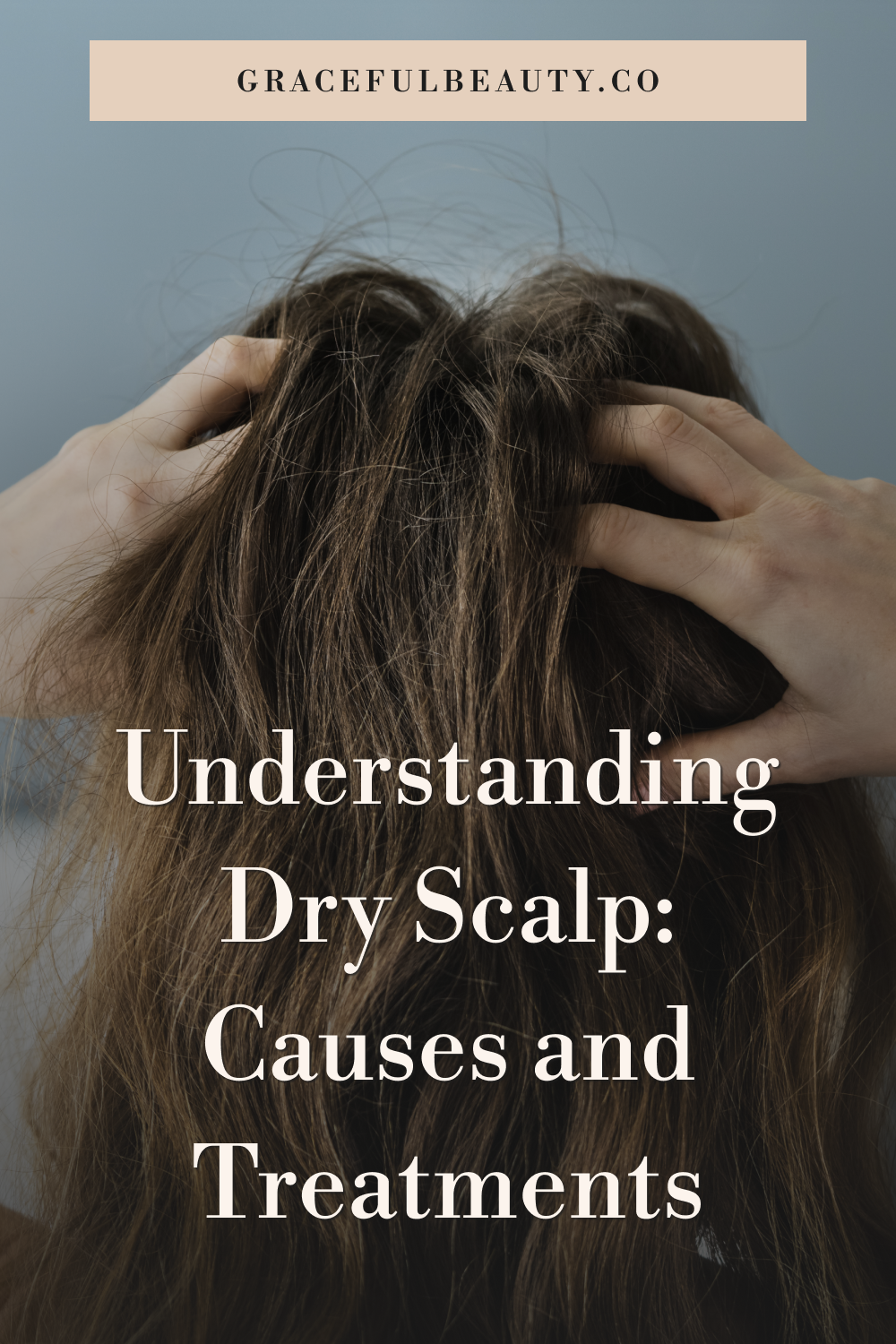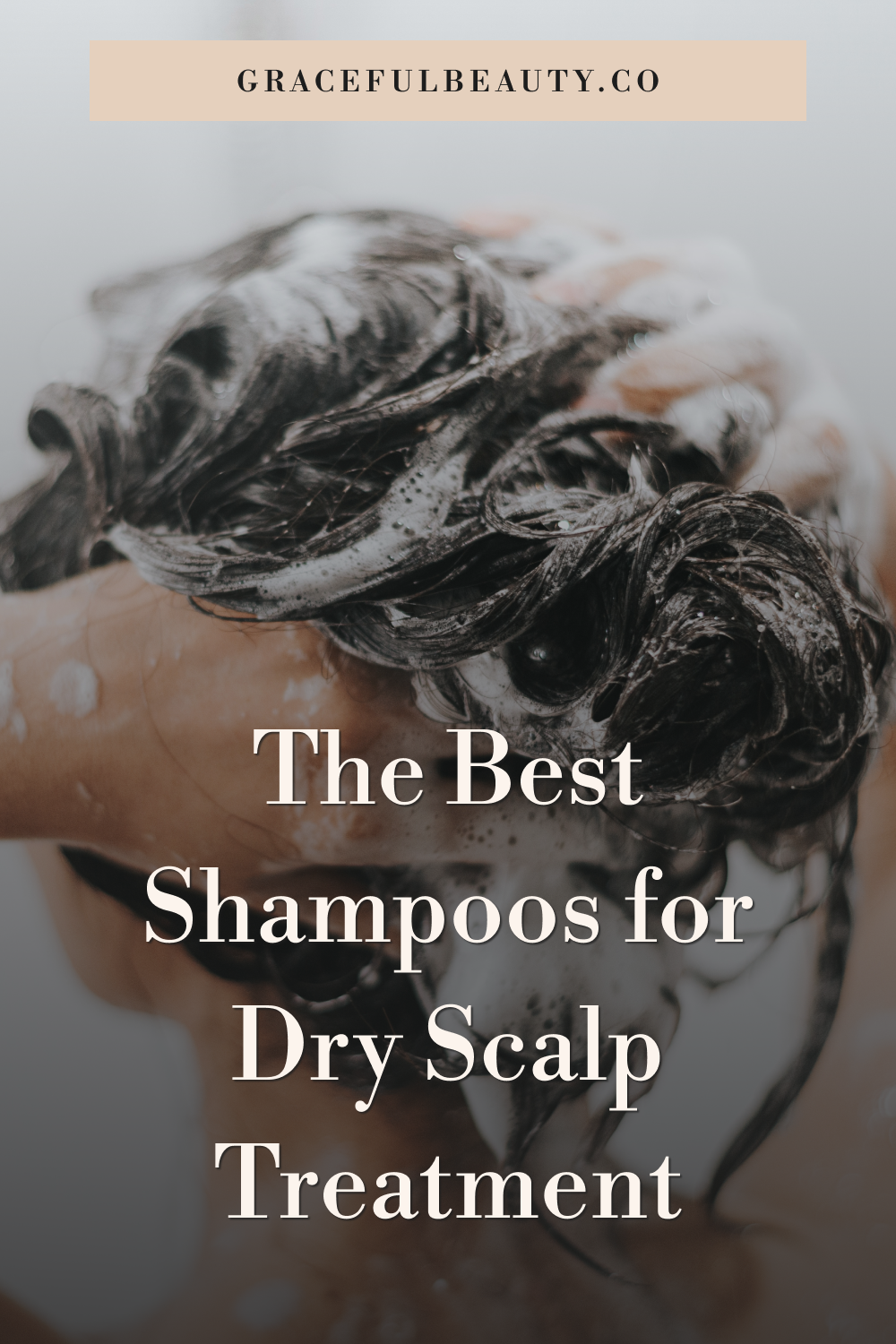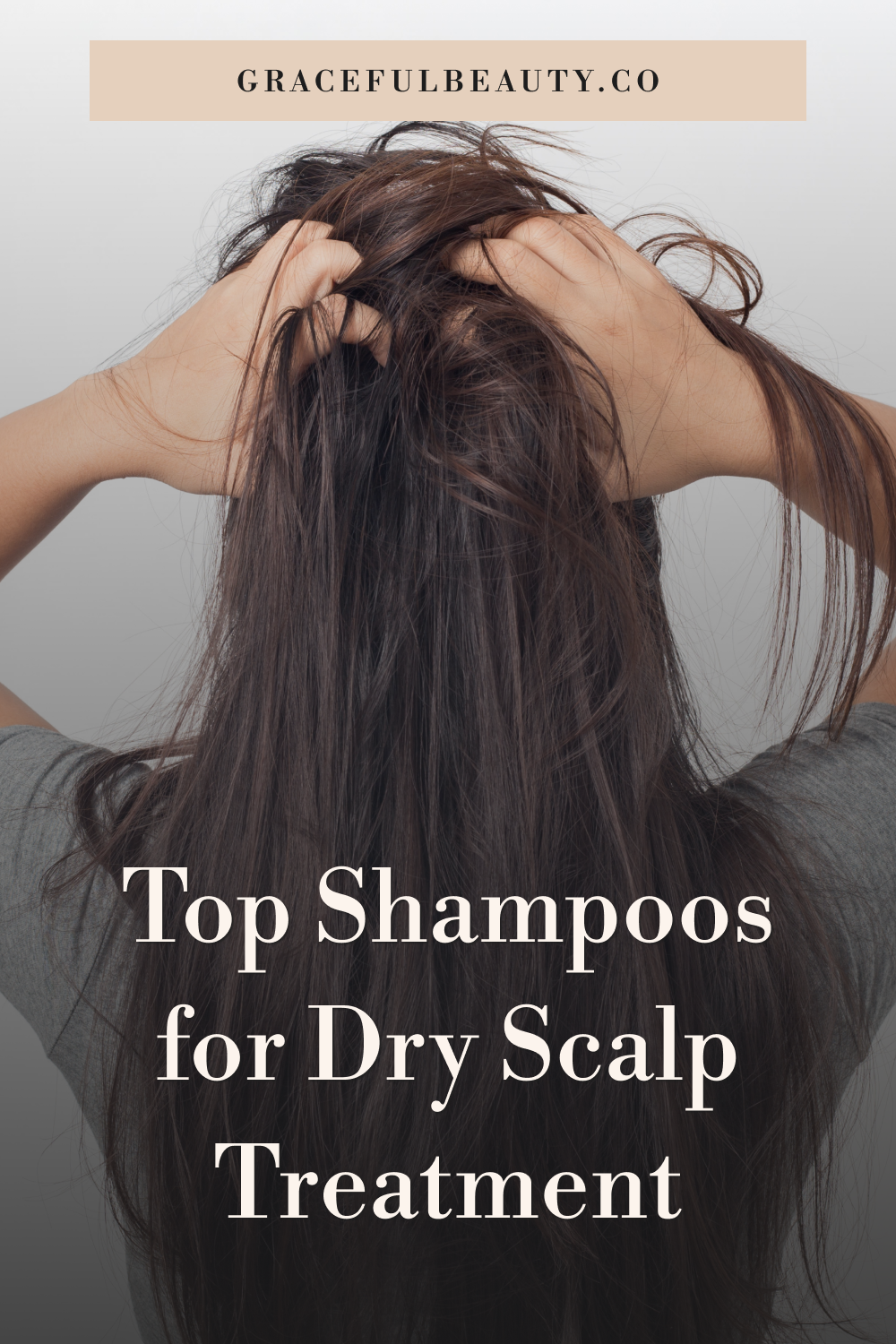
In this article, you will learn the best dry scalp shampoo for your hair type.
Are you tired of dealing with dry, itchy scalp and dandruff? Say goodbye to these pesky issues with the top shampoos designed specifically for dry scalp treatment. These shampoos are carefully formulated to address the root causes of dry scalp, providing relief and promoting a healthier scalp environment. Whether you’re looking for a powerful antifungal solution, a reliable drugstore option, or a gentle shampoo suitable for sensitive skin, we’ve got you covered with the best recommendations to help you achieve a healthier, dandruff-free scalp.
Understanding Dry Scalp and Its Causes
Dry scalp is a common condition characterized by itchiness, flakiness, and irritation on the scalp. It occurs when the scalp lacks the necessary moisture, leading to discomfort and visible flakes.
What is Dry Scalp?
Dry scalp is different from dandruff as it primarily results from a lack of moisture, while dandruff is linked to excessive oil production and a fungal overgrowth. It can occur due to several factors, including weather changes, harsh hair products, and skin conditions.
Common Causes of Dry Scalp
- Weather Changes: During colder months, the air tends to be drier, which can dehydrate the scalp, causing it to become dry and itchy.
- Harsh Hair Products: Certain shampoos and hair treatments containing strong chemicals can strip the scalp of its natural oils, leading to dryness and irritation.
- Skin Conditions: Conditions such as eczema or psoriasis can extend to the scalp, resulting in dryness and flakiness.
The Importance of Choosing the Right Shampoo
Choosing the right shampoo is crucial for maintaining a healthy scalp. The shampoo you use can significantly impact the overall health of your scalp, making it essential to understand how it affects scalp health and the key ingredients to look for in a dry scalp shampoo.
How Shampoo Affects Scalp Health
The type of shampoo you use can have a direct impact on the health of your scalp. Harsh chemicals and sulfates in certain shampoos can strip the scalp of its natural oils, leading to dryness and irritation. On the other hand, using a gentle, moisturizing shampoo can help maintain the scalp’s natural balance and hydration levels, promoting a healthy environment for hair growth.
Ingredients to Look for in a Dry Scalp Shampoo
When searching for a shampoo to address dry scalp concerns, it’s essential to look for specific ingredients that offer moisturizing and soothing properties. Key ingredients to consider include:
- Tea Tree Oil: Known for its antimicrobial and anti-inflammatory properties, tea tree oil can help alleviate dryness and itchiness.
- Coconut Oil: With its hydrating and nourishing properties, coconut oil can help replenish moisture and strengthen the scalp’s natural barrier.
- Aloe Vera: Renowned for its soothing and moisturizing benefits, aloe vera can provide relief to a dry, irritated scalp.
- Hyaluronic Acid: This hydrating ingredient helps retain moisture, promoting a well-hydrated scalp.
Choosing a shampoo with these beneficial ingredients can aid in addressing dry scalp concerns effectively.
Best Shampoos for Dry Scalp Treatment
Dry scalp can be uncomfortable and frustrating, but using the right shampoo can make a significant difference. Here are some of the best shampoos for treating dry scalp.
Hydrating Shampoos with Natural Oils
Hydrating shampoos infused with natural oils such as argan oil, coconut oil, or olive oil can effectively moisturize and nourish the scalp. These natural oils help to replenish and retain moisture, preventing dryness and flakiness.
Anti-Dandruff Shampoos for Dry Scalp Relief
Anti-dandruff shampoos formulated specifically for dry scalp relief can effectively target flakiness and itching. Look for shampoos containing ingredients like zinc pyrithione or ketoconazole, which help to combat dandruff while soothing the scalp.
Shampoos with Tea Tree Oil and Peppermint
Shampoos infused with tea tree oil and peppermint offer a refreshing and soothing experience for dry, itchy scalp. These ingredients have antimicrobial and anti-inflammatory properties, which can help alleviate scalp irritation and promote a healthier scalp environment.
Gentle Shampoos for Sensitive Scalps
For individuals with sensitive scalps, using gentle, fragrance-free shampoos can prevent further irritation. Look for shampoos labeled as hypoallergenic or specifically formulated for sensitive skin to minimize the risk of aggravating the scalp.
Medicated Shampoos for Severe Dry Scalp Conditions
In severe cases of dry scalp, medicated shampoos prescribed by a dermatologist can provide targeted treatment. These shampoos may contain coal tar, salicylic acid, or selenium sulfide to address stubborn dry scalp conditions.
Finding the right shampoo tailored to your scalp condition is crucial for effective dry scalp treatment. Consider incorporating these top shampoos into your hair care routine to achieve a healthier, more comfortable scalp.
How to Properly Wash Your Hair for Scalp Health
Effective Hair Washing Techniques
When it comes to washing your hair for optimal scalp health, it’s essential to start with wet hair and apply a quarter-sized amount of shampoo. Gently massage the shampoo into your scalp using your fingertips, working it into a lather. Be mindful not to scratch or scrub harshly, as this can irritate the scalp. Rinse the shampoo thoroughly with lukewarm water, ensuring no residue is left behind.
To ensure complete cleanliness, repeat the process to remove any lingering impurities from your scalp and hair. It’s important to note that excessive washing and vigorous scrubbing should be avoided, as this may disrupt the scalp’s natural balance and lead to dryness and irritation.
How Often Should You Wash Your Hair?
The frequency of hair washing varies from person to person, depending on factors such as scalp oiliness, hair type, and styling products used. As a general guideline, individuals with dry scalp may benefit from washing their hair every 2-3 days to prevent stripping the scalp of its natural oils. Conversely, those with a more oily scalp may require more frequent washing to maintain scalp cleanliness.
It’s important to strike a balance, as infrequent washing can lead to product buildup and potential scalp issues, while excessive washing can strip the scalp of its natural oils, leading to dryness. Understanding your scalp’s unique needs is key to establishing an effective hair washing routine that promotes scalp health and overall hair vitality.
Additional Tips for Managing Dry Scalp
Dry scalp can be managed effectively with a combination of home remedies, lifestyle changes, and professional dermatological care. Here are some additional tips to help you effectively manage dry scalp.
Home Remedies and Natural Treatments
Embracing natural treatments can be a gentle and effective way to alleviate dry scalp. Coconut oil, aloe vera, and tea tree oil are popular remedies for treating dry scalp at home. Coconut oil’s moisturizing properties and aloe vera’s soothing effects can help relieve dryness and itching, while tea tree oil’s antimicrobial properties can address underlying scalp issues. Consider incorporating these natural remedies into your hair care routine to nourish and hydrate your scalp.
Lifestyle Changes to Prevent Dry Scalp
Making certain lifestyle changes can play a significant role in preventing and managing dry scalp. Increasing water intake, avoiding overuse of heating tools, and choosing gentle hair care products can help maintain scalp hydration and reduce irritation. Additionally, incorporating nutrient-rich foods such as fatty fish, nuts, and leafy greens into your diet can promote scalp health from within.
When to See a Dermatologist for Dry Scalp Issues
If home remedies and lifestyle changes do not provide relief, consulting a dermatologist is advisable. Persistent dryness, inflammation, or the presence of skin conditions such as psoriasis or eczema may require professional assessment and treatment. A dermatologist can offer personalized recommendations, prescribe medicated shampoos or topical treatments, and identify underlying causes contributing to dry scalp issues.
Implementing these additional tips can contribute to managing and alleviating dry scalp, promoting overall scalp health and comfort.
Final Thoughts
In conclusion, finding the right shampoo for dry scalp treatment can make all the difference in the health and comfort of your scalp. Whether you opt for the antifungal power of Sachajuan Scalp Shampoo, the convenience of Head & Shoulders Dry Scalp Care Anti-Dandruff Shampoo, or the gentleness of Vanicream Shampoo for Sensitive Skin, there are effective options available to address your specific needs. By choosing a shampoo tailored to combat dryness, itchiness, and dandruff, you can say goodbye to the discomfort of a dry scalp and hello to a healthier, more balanced scalp.






